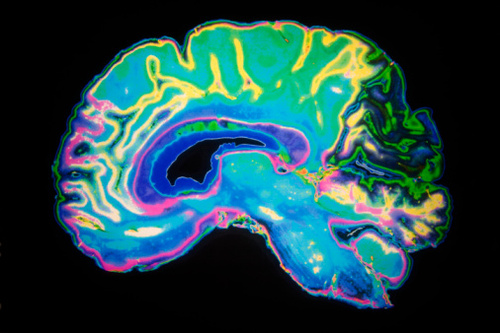
Neuroscience – the study of the nervous system – has recently emerged as a source of evidence in the U.S. court system. Neuroscientific evidence is most often used in criminal defense, where attorneys use evidence as a factor for why their clients behaved a certain way.
While neuroscience usually will not excuse a defendant’s culpability for committing a crime, it can be offered as proof for leniency in sentencing – especially in situations where capital punishment or life sentences are pursued by the prosecution. Although rarely used in civil cases at this time, neuroscience may also be relevant in lawsuits.
Let’s explore two examples where neuroscience has or could be used in the courtroom.
Imagine that a young mother has been charged with child endangerment and neglect of her children. Her defense attorney presents evidence that the mother was previously in a car accident that caused her serious brain damage and her IQ is now in the 60s. This neuroscientific data may not prove that the woman is fit to retain custody of her children, but it certainly could help defend against allegations of abuse and neglect – depending on the factual circumstances of the case.
Imagine that a man has been charged with murdering three people. The prosecution paints the accused as a cold and remorseless monster who should receive the death sentence. His defense attorney then presents images showing a tumor on the defendant’s brain. The lawyer then calls a doctor to the stand, who testifies that the tumor likely hinders the defendant’s ability to feel empathy and remorse. While the evidence will probably not result in an acquittal, it may save the accused from capital punishment.
Because neuroscience is a relevant and increasingly reliable piece of evidence, its courtroom presence will continue to grow in coming years. Take a look at how far it has come in a short period of time:
- The number of judicial opinions citing neuroscience doubled between 2007 and 2012.
- During 2012, approximately 25 percent of trials seeking capital punishment involved neuroscientific evidence.
Courts are cautious about admitting neuroscience into evidence; they fear that the evidence could be manipulated to explain away culpability for wrongful acts. Also, courts and judges are uncomfortable with new types of evidence they haven’t previously dealt with. No matter the relevance, it may take a resourceful and experienced lawyer to uncover and use neuroscientific evidence on behalf of his or her defendant.

